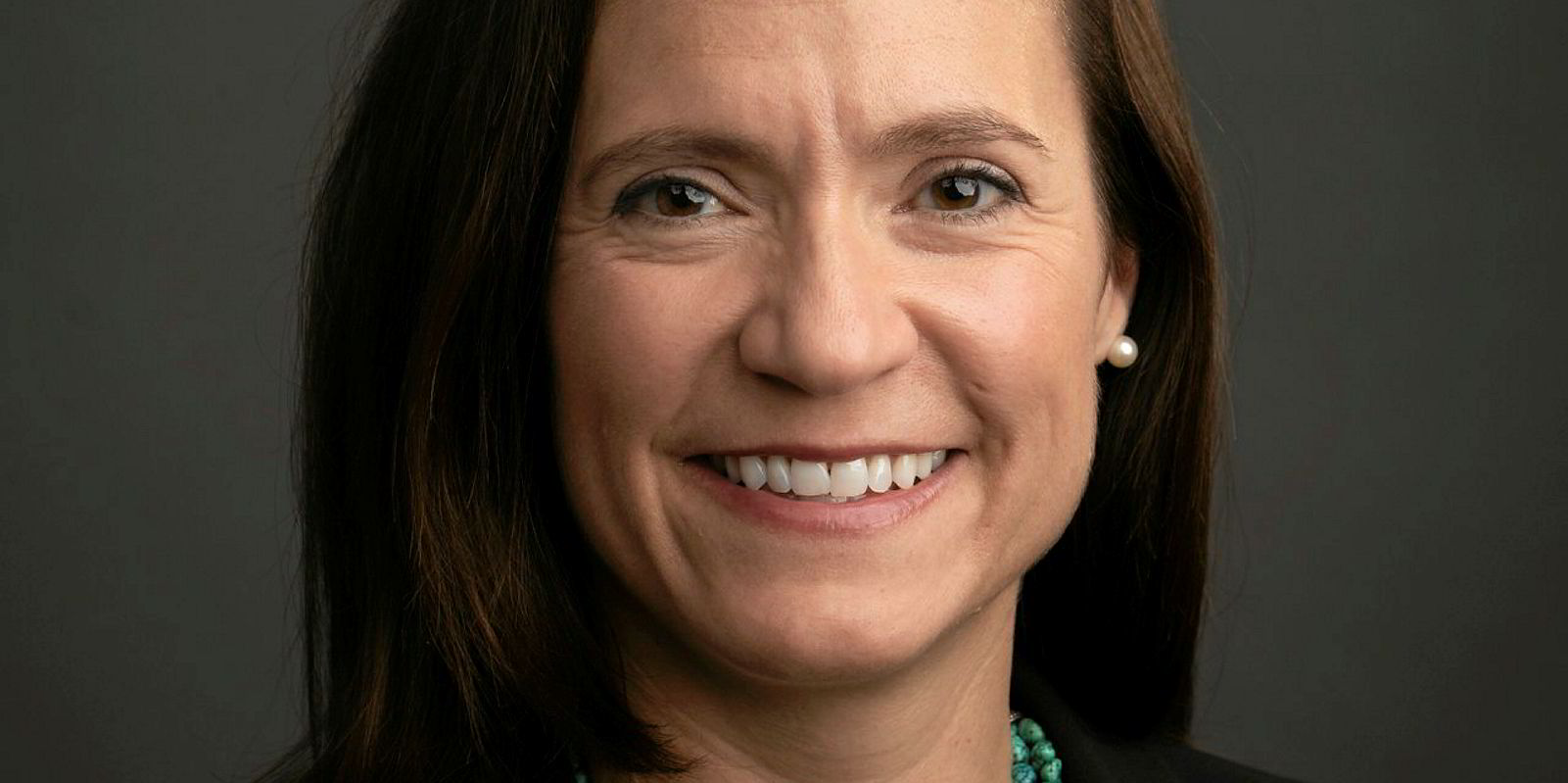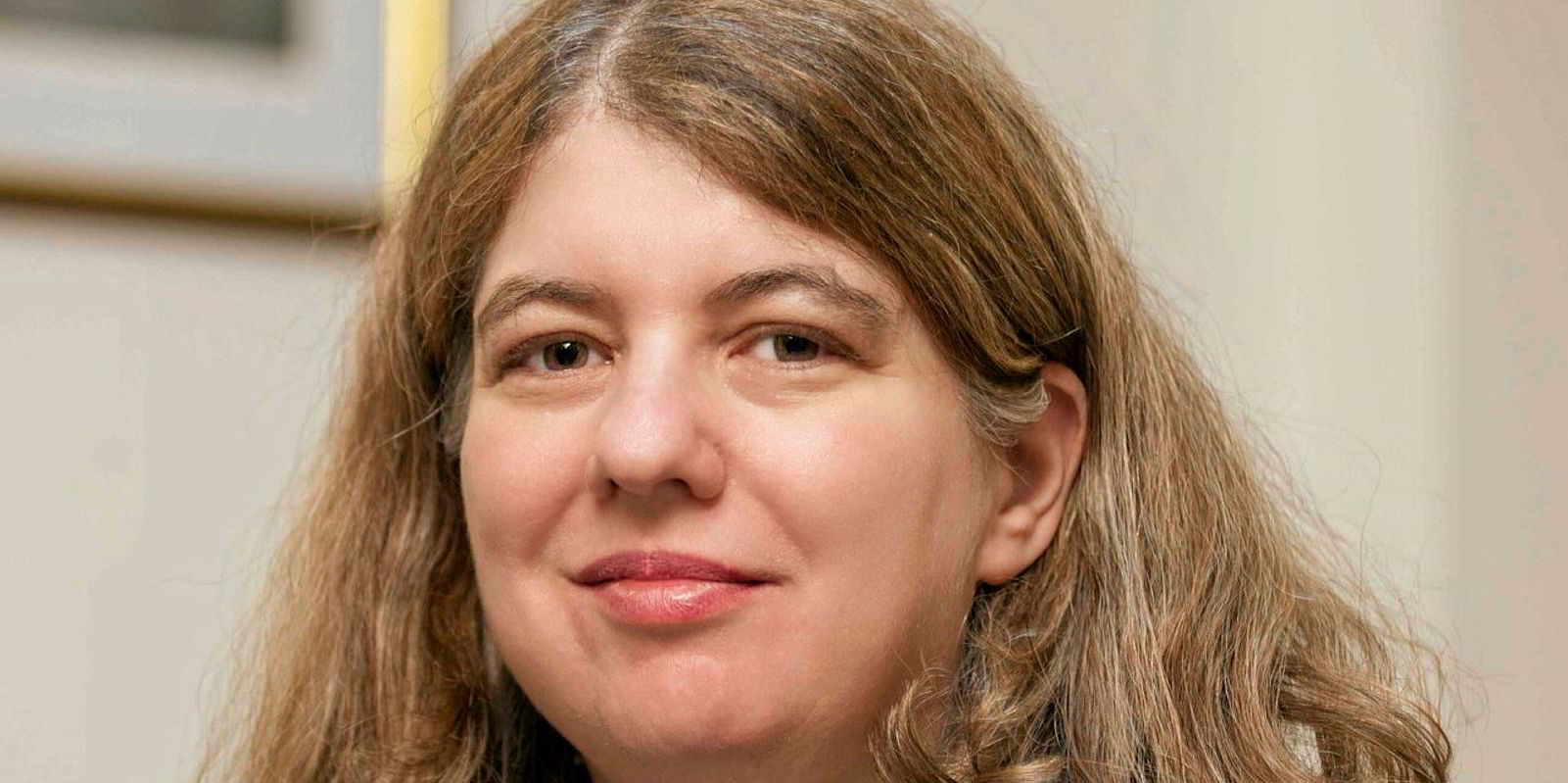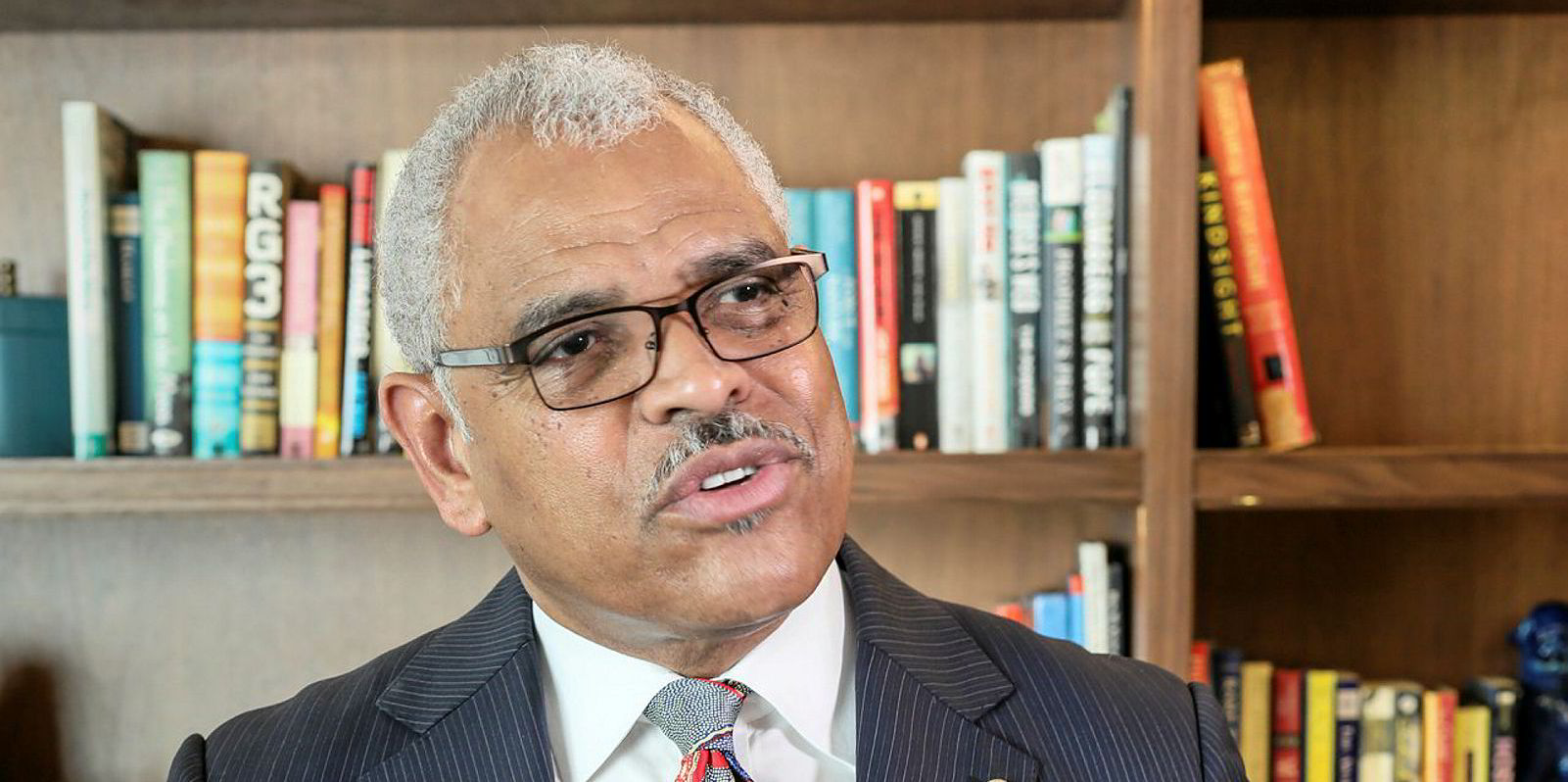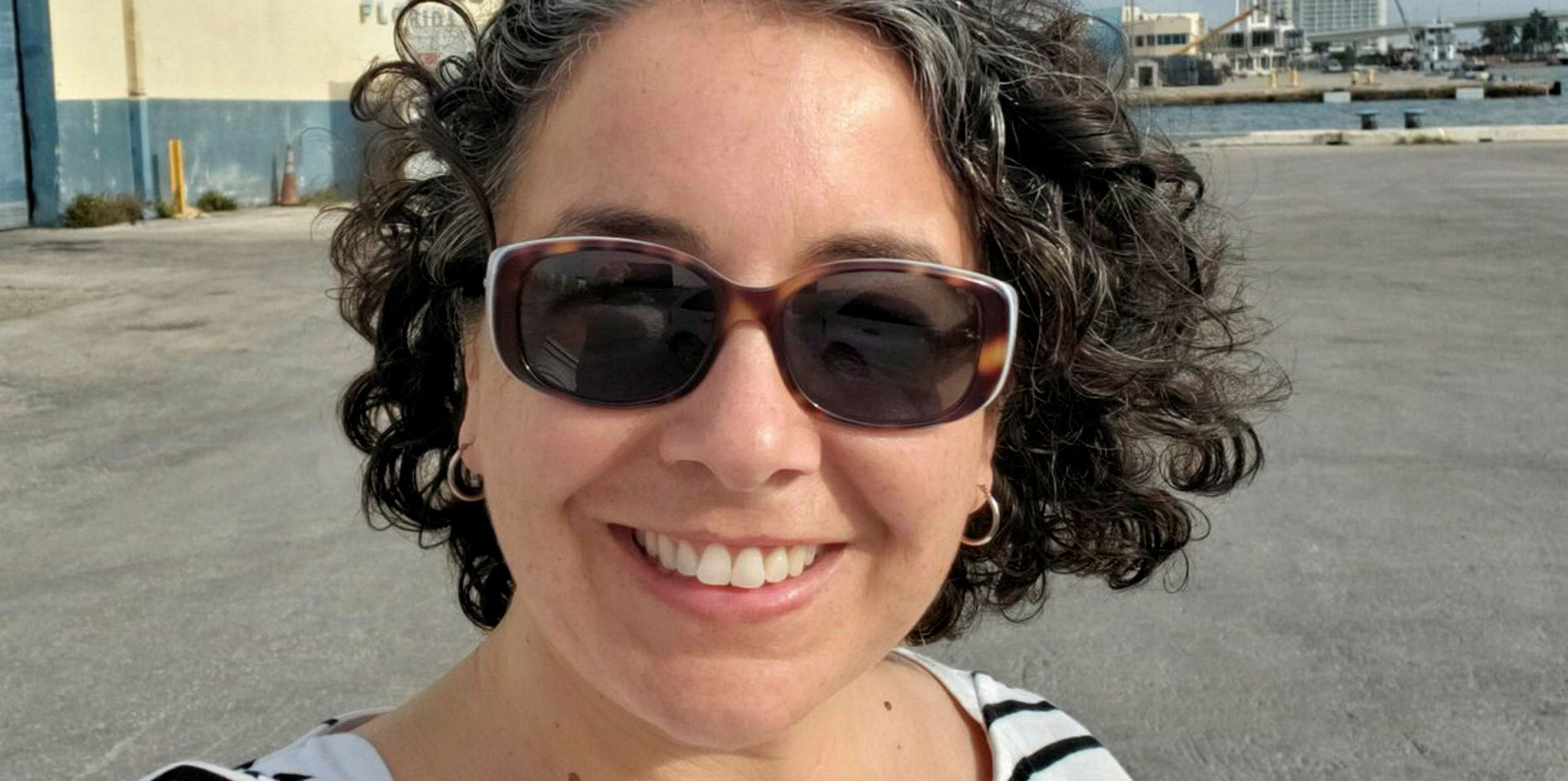With the shipping industry's inclusiveness a hot topic, just how are companies based and listed in the US doing when it comes to promoting women into leadership roles?
The results are mixed.
An analysis by TradeWinds shows women have made inroads on the boards of some of the most prominent US shipping companies but they are less prominent in executive leadership roles.
"That's a huge question," said Parker Harrison, president of the Women's International Shipping & Trading Association USA, when asked if there are enough female leaders in the industry.
"It'd be nice to see fully diverse leadership teams."
When it comes to boards of directors, women generally have a presence.
Of the 12 companies included in TradeWinds' count, 11 have at least one female director, with Matson and Jones Act tanker owner Overseas Shipholding Group (OSG) leading the way with three each.
Navigator Holdings, the Connecticut-based gas carrier owner, is the only company without a woman among its seven board members.
However, Navigator is not alone when it comes to lacking women in its executive leadership team. Just five of the 12 companies had a woman included among its top tier of decision makers, and most of those organisations had just one.
Those outfits include Diamond S Shipping, OSG, Seacor Holdings and International Seaways, which has a female chief executive in Lois Zabrocky, who also serves as a director at the company and at offshore giant Tidewater.
Kirby is the lone organisation with two women in its executive management team — secretary Amy Husted and Kim Clarke, who serves as vice president, chief human-resources officer and vice president general counsel.
Directors vs officers
Matson is one of the seven companies without a woman on its executive team.
However, the Hawaiian boxship owner has the largest proportion of women on its board, three of seven — or 43% — versus OSG, which has three women on its nine-member board.
Matson chief executive Matt Cox told TradeWinds that the company sought out female candidates to fill board seats that opened up over the past four years.
It found Meredith Ching and Jenai Wall, who joined Constance Lau on the board.
None of the three have direct experience in the shipping industry, but all have held prominent positions in Hawaiian companies and have knowledge of the state's economy, for which the Jones Act — the law mandating cargo carried between US ports be done on US-owned, US-built and US-crewed ships — is significant.
Cox said adding more women to its executive team was a longer-term proposition and one that has been going on at Matson for two decades.
To be one of the company's top decision makers, he said a candidate needs a knowledge set that can only be built up after spending time across a company.
"Transportation companies like ours run network operations," Cox said.
"That requires people who rise to management levels in the company to have had multiple postings in different parts of the business over time so that they have a better feel for, and can be better managers in, playing key roles in the business."
He said 31% of management promotions had been earned by women over the last two years.
"We have a very strong group of women we've been investing in for decades that will be serious candidates [after] the retirement of the current Matson senior team," Cox said.
"It's a pipeline issue. You've got to get started and we're fortunate to have got started 20 years ago in our efforts."
Building a culture
Both Harrison — whose primary position is senior vice president and general counsel at privately-held US shipowner Crowley — and Cox said the main goal in fostering diversity was to bring as many ideas to the table as possible.
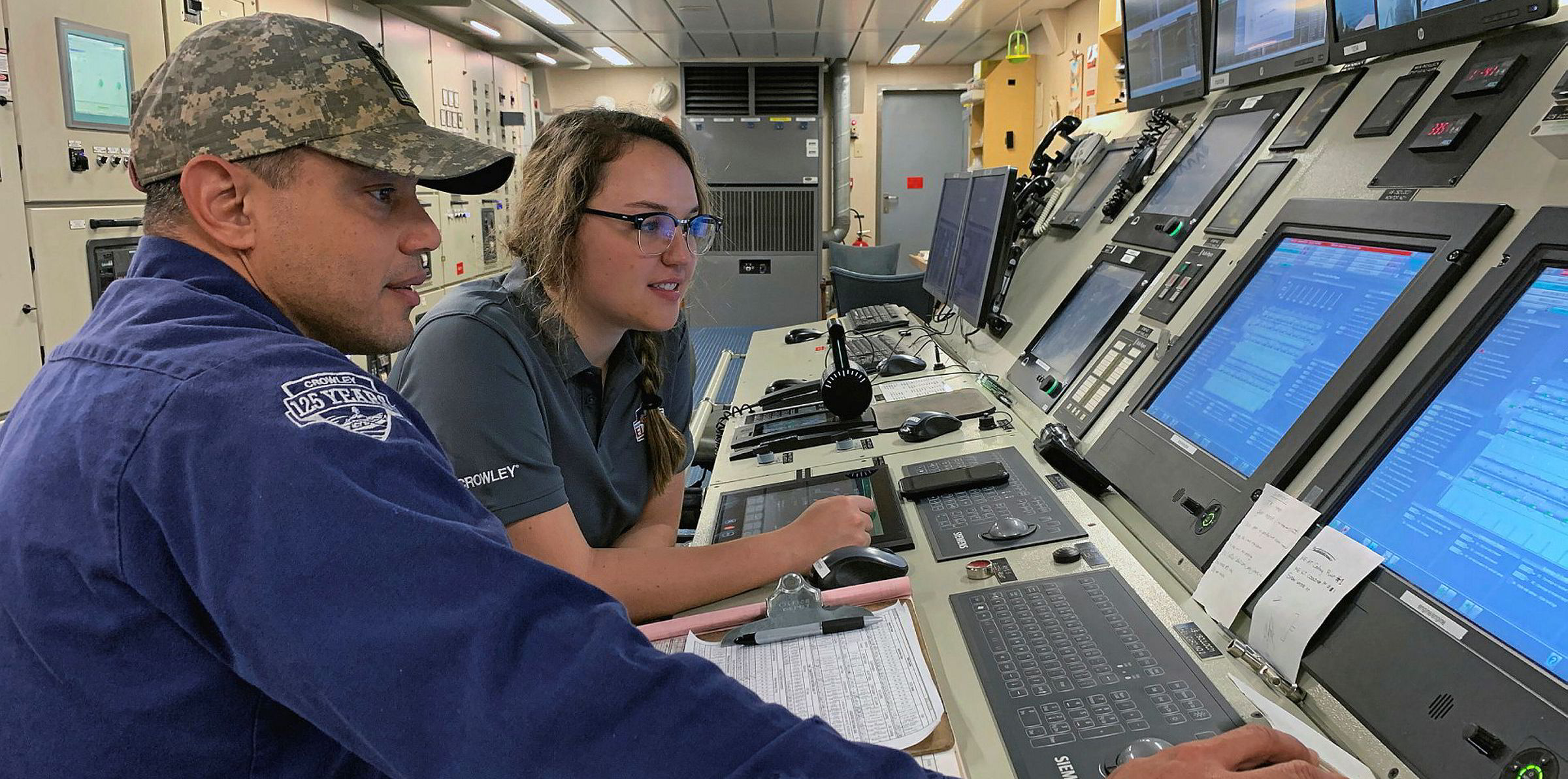
"The best decisions are based on the most wide-ranging perspectives," Harrison said.
"Someone has to make a decision. As a leader ... you go into a situation thinking you know what direction you're going to go in, then an idea comes from left field and you change direction because you have more information.
"That comes from a diverse group of perspectives."
Both executives said they were working to foster both gender and racial and ethnic diversity.
At Crowley — where Harrison is the only woman on an 11-person senior leadership team — the focus for several years has been on building an inclusive workplace, where employees feel their input is welcome.
The company has also launched employee-led groups to support professional development and begun to emphasise diversity when bringing on cadets from the country's merchant marine academies.
For Harrison, inclusion appeals to employees across Crowley and links well with its diversity push.
She said making those two things part of a company's culture is an ongoing issue.
"I'd love to think there's an end point on this journey," Harrison said.
"It's not a static journey. Maybe you have a great group of diverse employees. Maybe they retire. Maybe they find better opportunities. This is a way of being. This is not a journey that has an endpoint."
